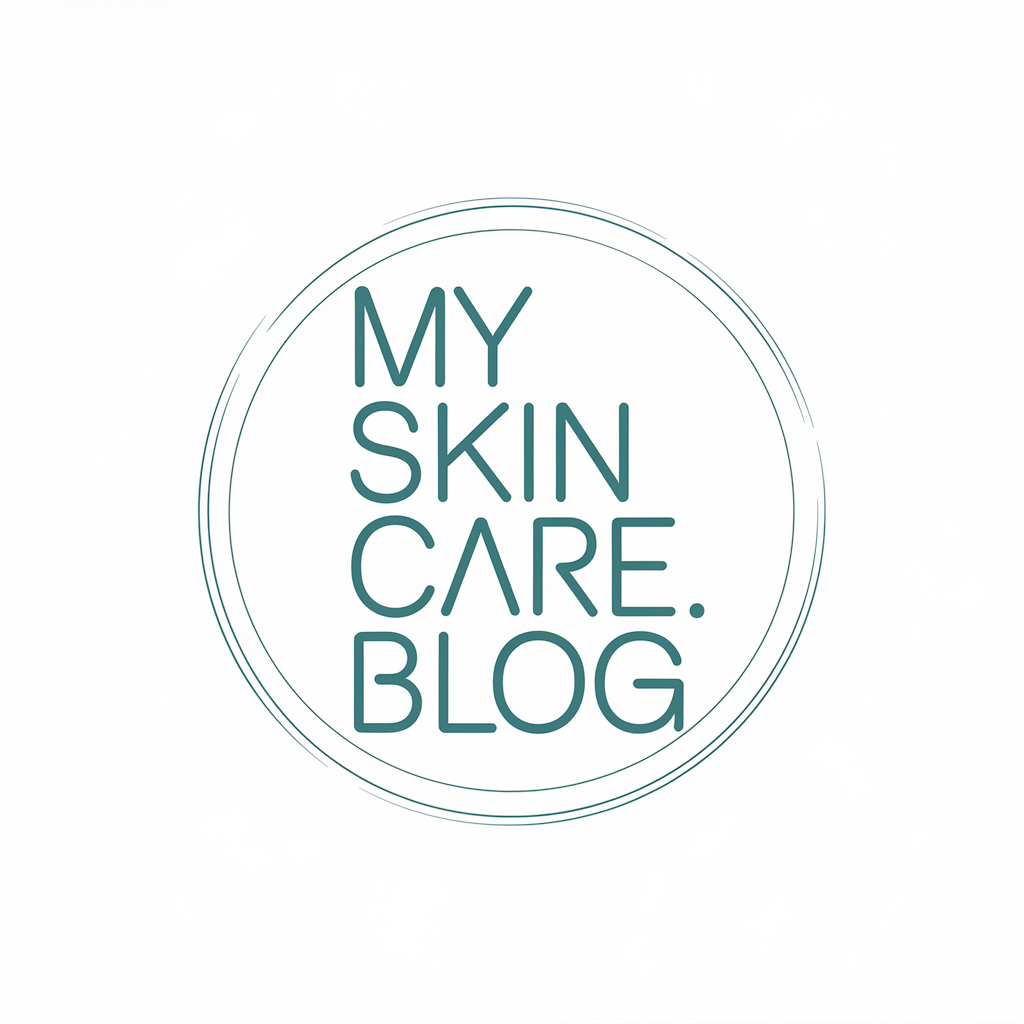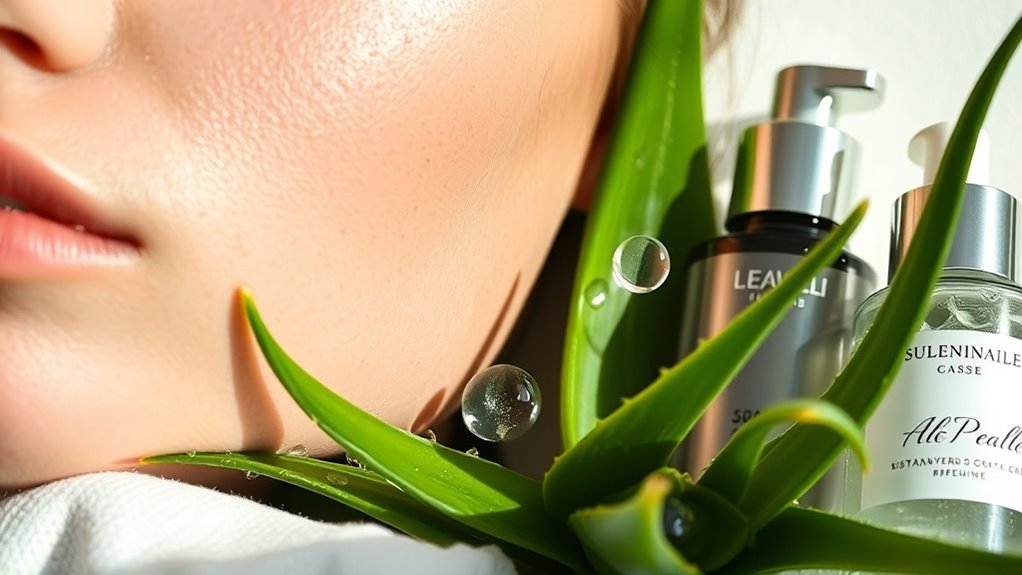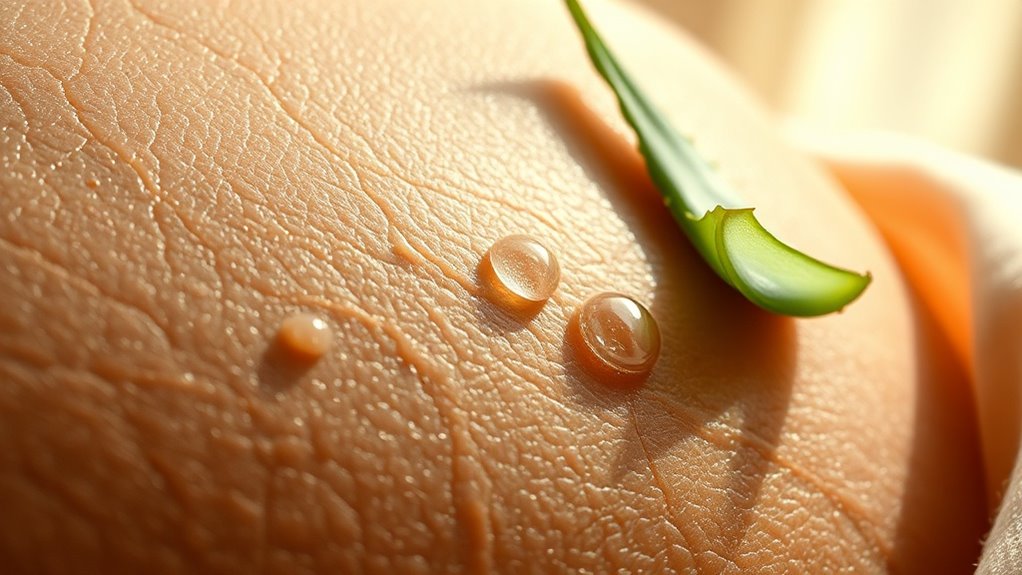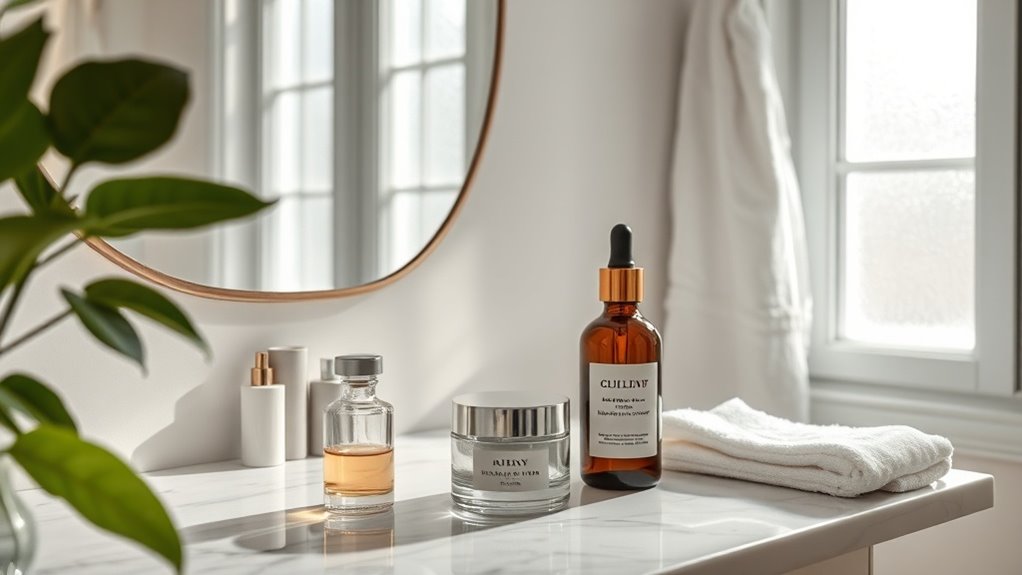This Might Be Why Your Acne Keeps Coming Back
If your acne keeps resurfacing, it’s often not a standalone issue. You might be dealing with a mix of hormonal shifts, stress, and an inconsistent skincare routine. Heavy oils in your products could be clogging your pores, while elements in your lifestyle, like diet and sleep, also play a role. Understanding these factors is crucial. So, what specific changes can you make to break this cycle?
Common Triggers of Persistent Acne
While you may think acne is only a concern for your teenage years, many adults experience persistent breakouts due to various triggers. Common acne causes include stress, hormonal fluctuations, diet, and certain medications. Additionally, inadequate skincare routines can exacerbate the issue. Identifying these triggers can help you take proactive steps toward treatment and prevention, reducing the frequency and severity of your acne. Furthermore, everyday habits such as inconsistent skincare routines can significantly contribute to recurring breakouts.
The Role of Hormones in Acne Recurrence
Hormones play a significant role in acne recurrence, particularly during periods of fluctuation such as puberty, menstrual cycles, pregnancy, and menopause. These hormonal changes can increase oil production and lead to clogged pores. Understanding how your body’s hormonal shifts correlate with breakouts can aid you in managing acne more effectively. Additionally, managing psychological stress can help mitigate the hormonal changes that exacerbate acne flare-ups.
| Hormonal Change | Phase | Impact on Acne |
|---|---|---|
| Puberty | Adolescence | Increased oil production |
| Menstrual Cycle | Monthly | Hormone fluctuations |
| Pregnancy | Throughout pregnancy | Higher oil levels |
| Menopause | Perimenopause | Hormonal imbalance |
Skincare Products: Causes of Breakouts
Have you ever considered how the skincare products you use might be triggering your breakouts? Many formulations contain heavy oils, silicones, or fragrances that can clog pores and cause inflammation.
Even non-comedogenic products may irritate your skin. Always check ingredient labels and choose products tailored to your skin type to minimize the risk of recurring acne. Additionally, using gentle skincare products can help protect your skin barrier while effectively managing acne.
Lifestyle Factors Contributing to Acne
Although many people focus solely on skincare products when addressing acne, lifestyle factors play a crucial role in its recurrence.
Poor diet, lack of sleep, and high stress levels can exacerbate inflammation and hormonal fluctuations, leading to breakouts.
Additionally, inadequate hydration and neglecting regular exercise can impair skin health.
Certain food triggers can also provoke breakouts, making it essential to consider dietary choices alongside lifestyle habits.
Adopting healthier habits can significantly enhance your skin’s quality and combat acne effectively.
When to Seek Professional Help
When should you consider seeking professional help for acne?
If your acne persists despite over-the-counter treatments, worsens with time, or leads to scarring, it’s essential to consult a dermatologist. You should also seek guidance if acne significantly affects your self-esteem or daily life. Professional assessment can lead to tailored treatments, preventing further complications and improving skin health effectively. Additionally, effective overnight acne treatments can provide immediate relief while waiting for professional advice.





